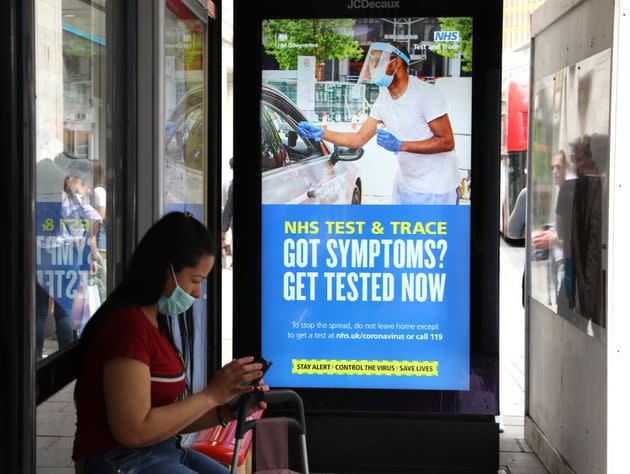Coronavirus: What Is Backward Contact Tracing?

Get the latest on coronavirus. Sign up to the Daily Brief for news, explainers, how-tos, opinion and more.
Unless you have been *incredibly* bored in lockdown (or you’re a politics reporter), you probably weren’t watching the House of Lords’ science and technology committee on Monday.
But something pretty significant came up as peers grilled Baroness Dido Harding, the head of the government’s coronavirus Test And Trace programme – the prospect of “backward tracing”.
Baroness Harding tells the Lords the govt is developing a 'backward tracing' strategy (as orginally requested by some in Sage) to ask ppl who test positive who they came into contact with 14 days prior to symptoms. Says govt is trialling it in Leicester.
— Paul Waugh (@paulwaugh) July 6, 2020
This kind of tracing is already being carried out in other countries such as Japan, where it has been credited with helping to keep the number of cases down. But it could soon be implemented in the UK too.
So what is backward tracing?
How does the NHS trace people at the moment?

At the moment, the NHS Test And Trace service quizzes people who have tested positive for Covid-19 about who they were in the close contact with in the 48 hours before they started showing symptoms of the virus.
This is an attempt by contact tracers to try and work out who coronavirus patients may have passed the infection on to.
These people – who are potentially infected with Covid-19 – are then contacted and told to stay at home for two weeks, even if they don’t have symptoms, in a bid to stop the spread of the virus.
So what is backward tracing?
Backward tracing is something different. Rather than working out who someone with Covid-19 may have infected, a backward tracing programme tries to identify where a coronavirus patient contracted the virus in the first place.
Contact tracers do this by taking details of where people who have tested positive for Covid-19 have been in the past 14 days and who they...


